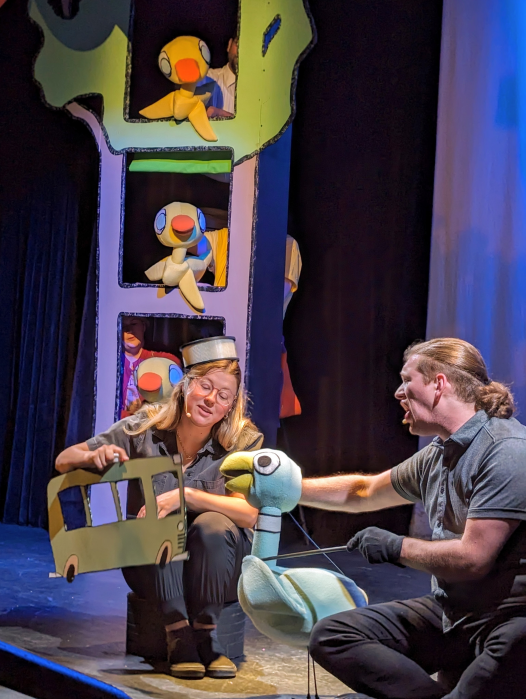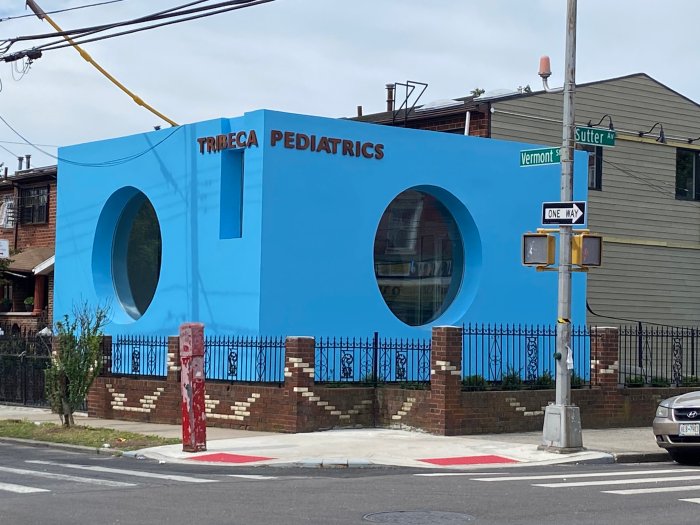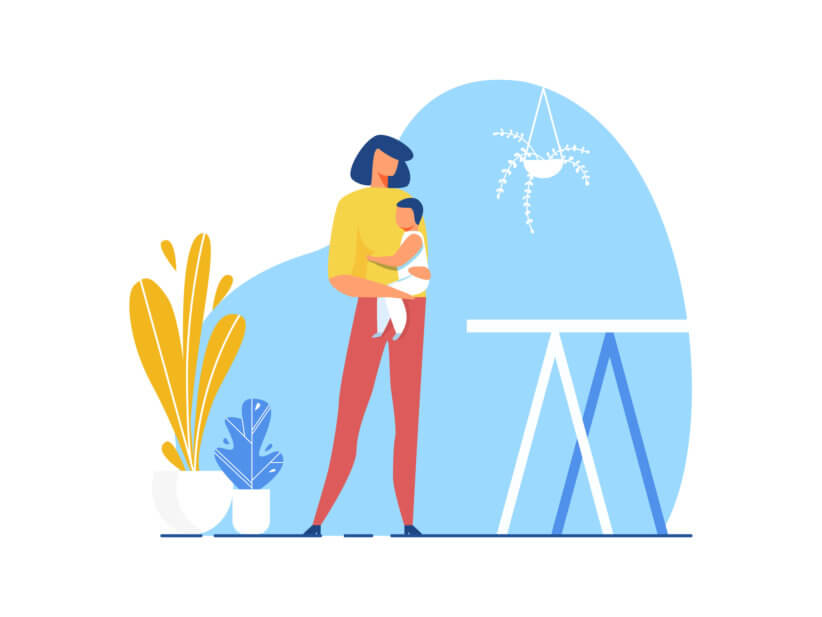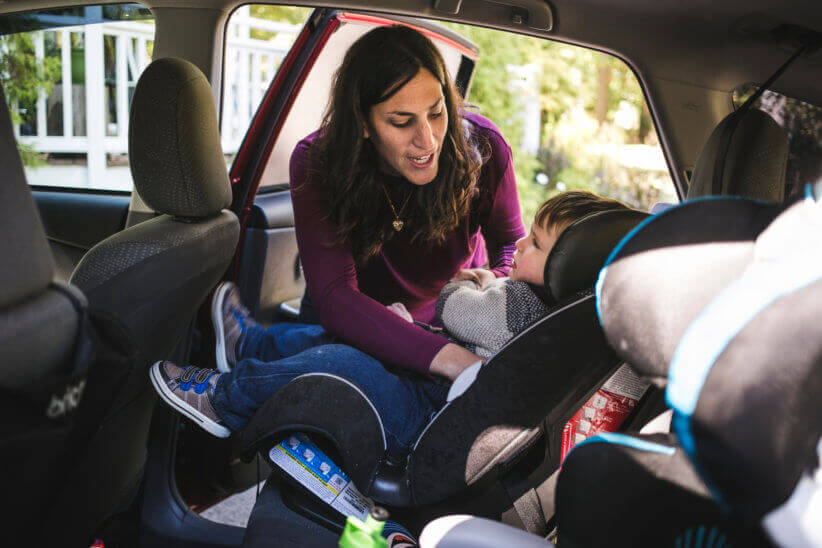Healthcare workers at New York University Hospital had to do the unexpected when Hurricane Sandy ravaged New York City in October: they faced a terrible storm, lost electricity, and were forced to evacuate 20 babies in need of intensive care with only a moment’s notice.
“We had to be fast,” said Margot Condon, nurse at New York University Langone Medical Center. It was the type of disruption to the workday that nobody wishes to have. “We were changing shifts, which was a good thing, because more people were there than usual.”
In the event of an evacuation, the hospital’s rule of thumb is babies first.
“Lights went out, and the first thing you do is check on all the babies, especially those on ventilators to help them breathe,” said Condon.
Battery-operated ventilators were on, and pumps were going, so babies were getting all medications and IV fluids, but the situation was still complex.
“We had to make sure all the babies were safe since all the monitors went off and had no battery life,” said Condon. “People were handing us flashlights, and we had to check babies more frequently, because we had no monitors or lights.”
The care the babies received was beyond the ordinary.
“Management and administration was telling us that we were going to move the babies and evacuate, so we moved the babies by holding them, since they do not have good thermal regulation,” because they cannot control their body heat, said Condon. “We hugged them close and had heated mattresses on the other side of them.”
The memories of the evacuation will stay with Condon and other workers for a lifetime.
“The baby I took was having a breathing tube, so the doctor was bagging the baby, and I was holding the baby, and we had somebody from respiratory holding the oxygen tank, somebody holding the pumps and lines and portable monitor, and we had to walk down nine flights of stairs,” said Condon. Everybody had to do that — times 20 babies. “I did it twice and each nurse did it about once or twice,” she said.
Going through an evacuation is difficult, but the focus is purely on the baby.
“Everybody supported each other and gave 200 percent,” said Condon. Doctors, respiratory, and security were all wonderful. “The medical students were holding up the flashlights in the stairwells so we could see, and the residents had to handwrite all the reports so they could get the proper information on the baby.”
Fortunately, the staff at the hospital, located on First Avenue at 33rd Street in Manhattan, is used to working as a team.
“We have emergencies all the time on an individual basis, because it is intensive care, so we understand how to act as a team. But when we lost power, it was an extreme and something we were not used to,” said Condon. “Our emergency skills kicked in, and we did what we had to do.”
A few of the patients’ families were present during the evacuation.
“We made a great effort to keep everybody calm, and we did not have any drama anywhere,” said Condon. “We utilized them, so they could be a part of the team, too.”
Condon says it was a good feeling to be able to overcome the storm.
“We were relieved when we saw the babies in the units where they had the lights and incubators that were warm and parents were settled in,” she said. Everyone was grateful to be safe again and felt confident in the compassionate care of the workers. “In moving into the future, we will be as safe as we can, but Mother Nature is not always that predictable.”
The hospital and its staff were well prepared, even though there was no power.
“We were prepared at the bedside, and able to get the babies out safely,” said Condon. Because so much of the city lost power, it required even more from the staff. “We were providing staff to the other hospitals where our babies went, and that is a lot going on while we are still continuing to care for our patients.”
Workers are proud of what they accomplished and the patients they helped.
“NYU is a great place,” said Condon. “And when you have a wonderful medical, nursing, ancillary staff team that works well together, you can get through anything.”
Jamie Lober, author of Pink Power (www.getpinkpower.com), is dedicated to providing information on women’s and pediatric health topics. She can be reached at [email protected]. © 2012 Jamie Lober





















